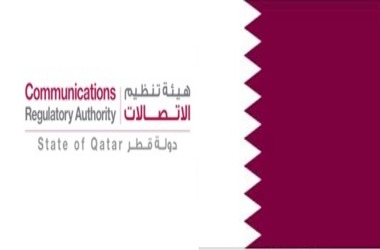
The Blueprint lays out the framework for blockchain at the national scale and defines its main components, legislative foundation, usage foundation, and creative thinking and innovation. In addition, it outlines critical blockchain prerequisites and offers suggestions for attaining the intended goals.
Ali Al Suwaidi, the director of CRA’s Technical Affairs Department, stated, “We are excited to work with HBKU and QU to publish the National Blockchain Blueprint for Qatar. via the Blueprint, we have identified the key possibilities that blockchain might present to the private and public sectors and laid out the requirements and rewards that must be offered by every industry for the widespread use of the technology, which aids in the development of new businesses and pilot initiatives.
“I want to extend an invitation to every stakeholder to examine the Blueprint so that we can work jointly to advance the Information and Communications Technology (ICT) sector, promote foreign and domestic investments, and create an economy centered around knowledge in aid of accomplishing Qatar National Vision 2030’s objectives. Additionally, I would like to commend HBKU and QU for their hard work and teamwork in devising the Blueprint, and we anticipate growing the partnership in the years ahead,” he added.
Dr. Ahmed Elmagarmid, Executive Director of the Qatar Computing Research Institute (QCRI) at HBKU, stated, “We were thrilled to collaborate with the Communications Regulatory Authority and Qatar University on the development of Qatar’s National Blockchain Blueprint.” Our involvement demonstrates HBKU’s unwavering dedication to addressing Qatar’s difficulties, specifically those pertaining to the nation’s innovative and technological capabilities.”
Dr. Khaled Kamal Naji, dean of the College of Engineering at Qatar University, stated, “We feel honored to have played a role in the creation of the National Blockchain Blueprint for Qatar, which is an important milestone in achieving the nation’s objectives for an economy centered around knowledge. Through our partnership with the Communications Regulatory Authority and Hamad Bin Khalifa University, we have been able to capitalize on our skills in blockchain technology and foster its widespread use in the public and private sectors. We are optimistic that this roadmap will provide stakeholders with direction and clear the path for future breakthroughs in this sector. College of Engineering is committed to maintaining its collaboration with CRA and HBKU to cultivate a culture of creative thinking and innovation and promote the development of the digital economy across the country.